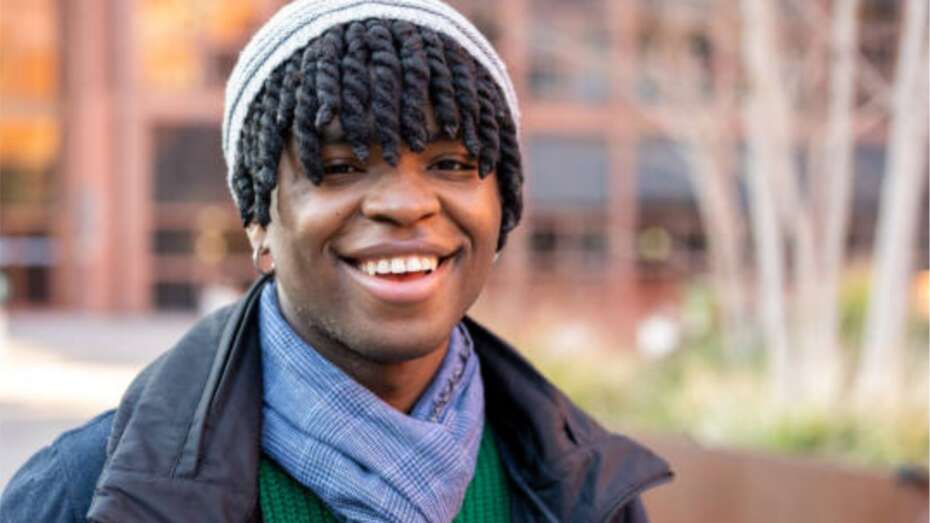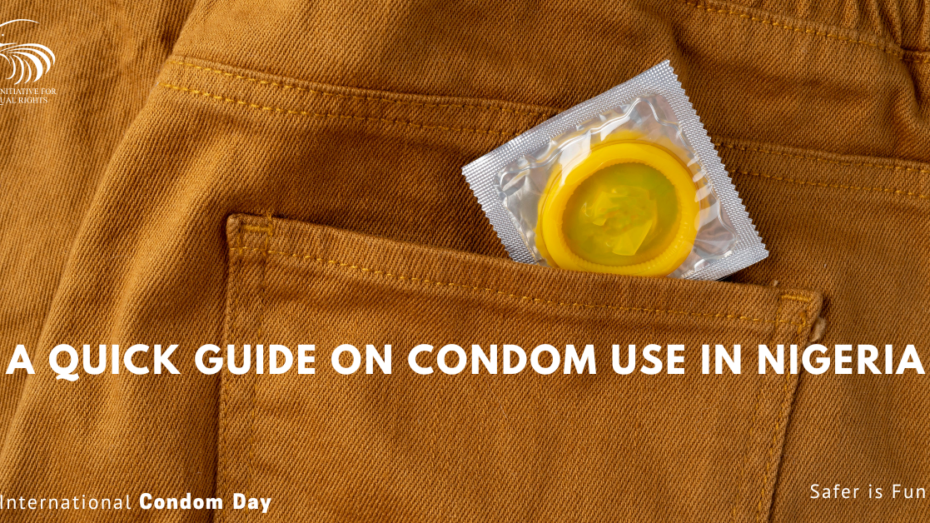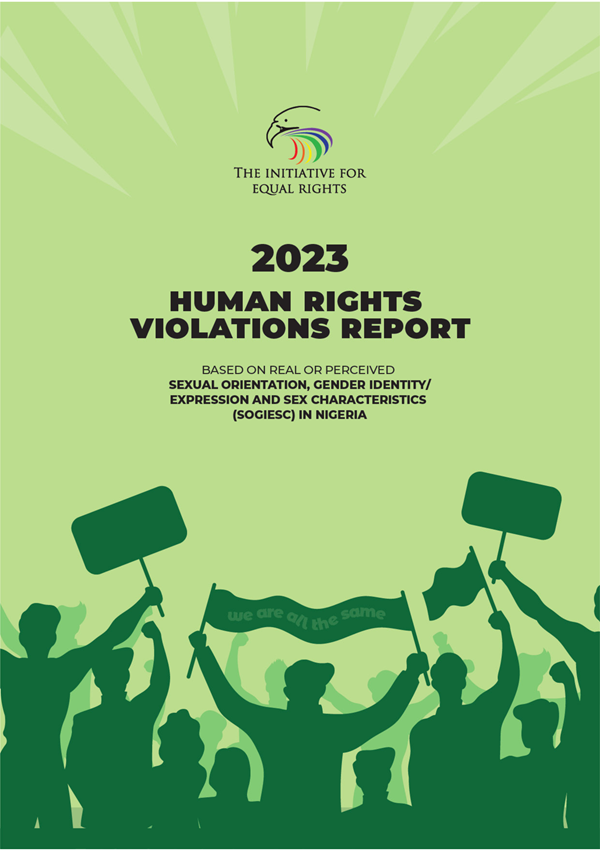
2023 HUMAN RIGHTS VIOLATIONS REPORT
BASED ON REAL OR PERCEIVED SEXUAL ORIENTATION, GENDER IDENTITY/EXPRESSION, AND SEX CHARACTERISTICS (SOGIESC) IN NIGERIA.
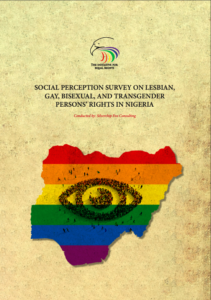
2022 SOCIAL PERCEPTION SURVEY ON LESBIAN, GAY, BISEXUAL, AND TRANSGENDER PERSONS’ RIGHTS IN NIGERIA
This biennial survey gathers Nigerians’ perceptions of Lesbian, Gay, and Bisexual persons. This year’s results show a gradual increase in the acceptance of LGBT+ persons. While most Nigerians still view LGBT rights negatively, the public seems to be moving towards higher acceptance and tolerance. It also shows that young people are more accepting of LGBT people than the older generation.
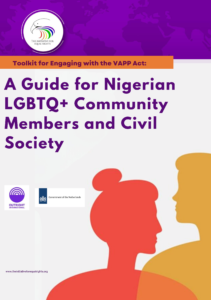
A Guide for Nigerian LGBTQ+ community members and Civil Society
This toolkit was developed to help LGBTQ+ persons in Nigeria understand the provisions of the Violence Against Persons Prohibition (VAPP) Act, their rights under the Act, and the steps they can take to seek justice for any violence or abuse they experience.
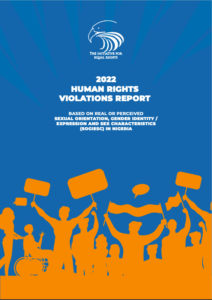
2022 Human Rights Violations Report
This 2022 human rights violations report documents how Nigeria’s current legal framework, championed by the SSMPA, endorses human rights violations against its citizens by deeming LGBTQI+ persons unworthy and undeserving of their fundamental human rights.
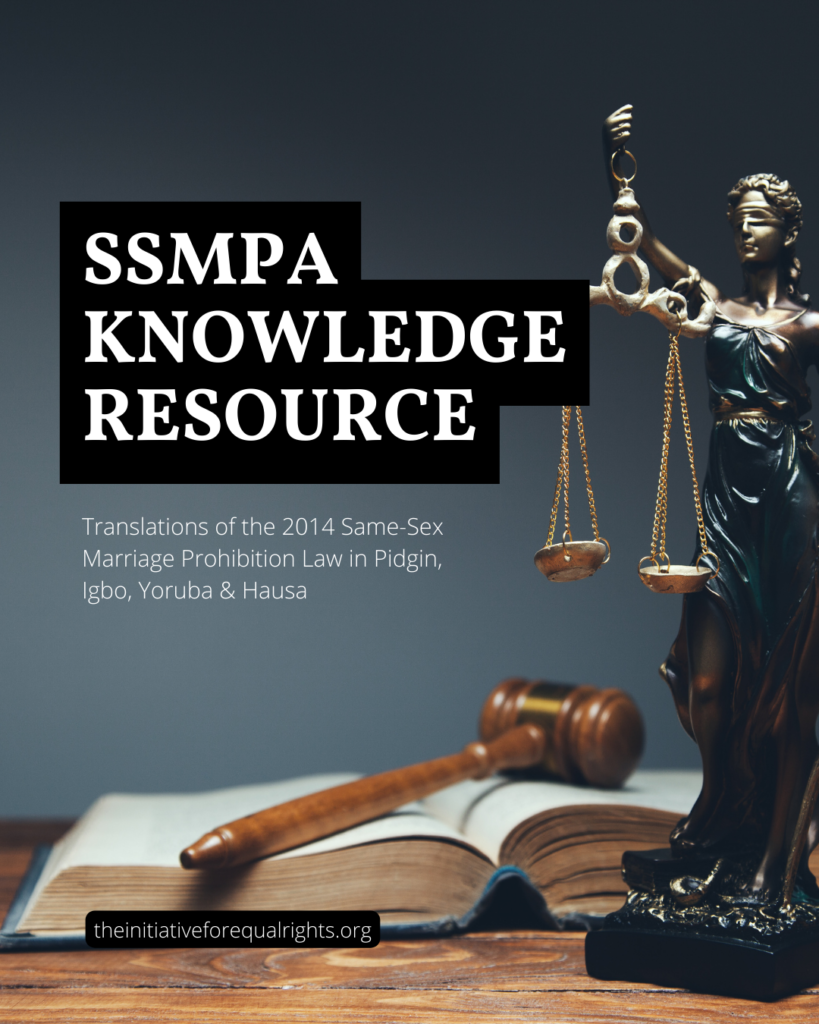
SSMPA Knowledge Resource
This resource offers a compilation of 4 translations of the Same-Sex Prohibition Act of 2014 within a digital ebook. The translations are in Pidgin English, Igbo, Hausa, and Yoruba
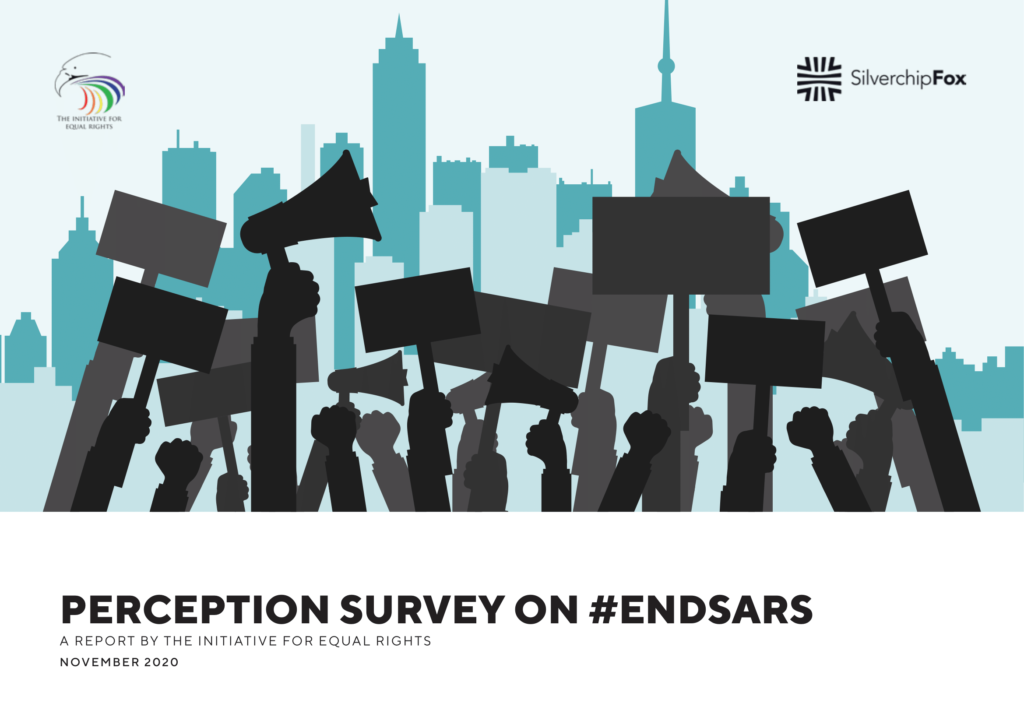
Perception Survey On #EndSars
The Initiative for Equal Rights commissioned SilverchipFox Consulting to conduct quantitative research with more than 300 respondents in different states to shed light on dominant perceptions of the #EndSARS campaign. Persons aged 18 and above were selected and categorized in a generational gap. Also, all 36 states were surveyed to be representative of the country’s diverse geographic, socioeconomic, tribal and ethnic contexts.


